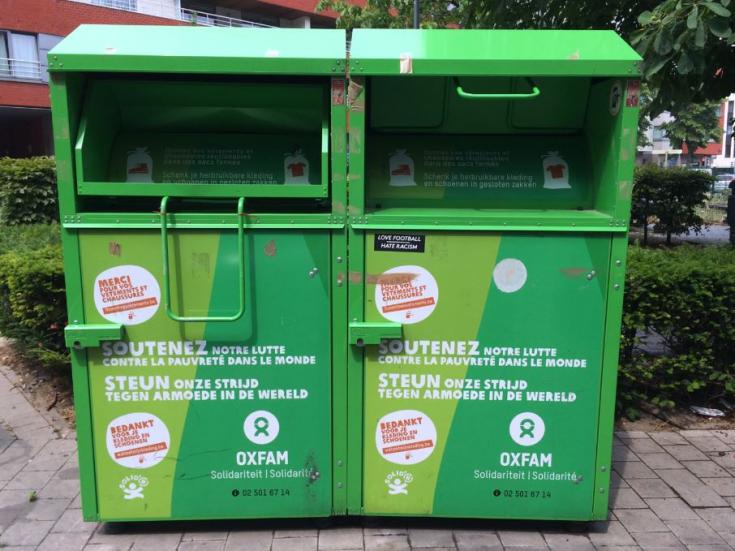Separate waste collection

The European Union is aiming to reduce the environmental impact of waste and its dependency on raw material imports and thus strongly fosters the transition towards more sustainable materials management and a circular economy. To this end, the EU is progressively increasing the targets for reuse and recycling of municipal waste to channel economically valuable waste materials back into the European economy and to protect both human health and the environment.
Separate collection of waste is a prerequisite for achieving the ambitious European targets. Implementing separate collection schemes offers many opportunities for municipalities and regions but also represents challenges. For example, this could be achieved through door-to-door collection, ‘bring and reception’ systems, or other collection arrangements. Exchanging knowledge and experience about successful approaches is thus of utmost importance.
This policy brief provides guidance and recommendations for the separate collection of paper and packaging waste, waste electrical and electronic equipment (WEEE), and used textiles, backed by a wealth of good practices and real-life examples from policymakers across Europe. Inspiring examples are not only stemming from Northern countries that are usually seen as European recycling champions but also feature good practices from Bulgaria, Cyprus, Poland, Portugal, Spain, and many more.
To know more about how to reduce and manage the environmental impact of waste, explore the policy brief on separate waste collection.
Policy brief on separate waste collection
Policy brief on separate waste collection